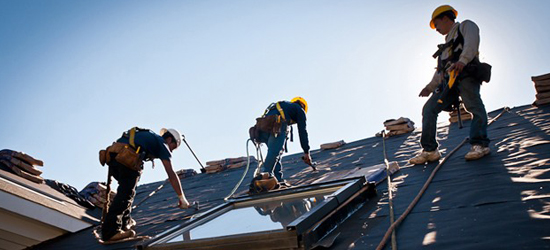Navigating Florida Home Insurance Crisis:
Unpacking Challenges and Solutions
We’re exploring the dynamic Florida home insurance crisis. We met with Old Town Insurance in St. Augustine to uncover insights into the current challenges homeowners face in Florida.
Transformative Phase in Florida’s Home Insurance Market
Firstly, Florida’s home insurance market is undergoing a transformative phase. With insurance carriers either exiting the state or revising their policies, homeowners are witnessing a steep climb in rates and this shift is largely attributed to frequent storms and a rise in litigation, regarding roofing claims.
Challenges for Homeowners
Secondly, a common scenario involves homeowners assigning benefit rights to roofers. Consequently, these roofers tend to exaggerate claims. Evidently, this practice has led to increased insurance settlements and, ultimately, policy cancellations for homeowners. A recent change in legislation, effective December 2022, aims to mitigate this by making attorney fees reciprocal in legal battles and setting limits on these fees. We expect that these legal adjustments will gradually bring stability to the insurance landscape.

Factors Affecting Premiums
Next, when it comes to securing lower premiums, the age and type of your roof are key factors. Insurance companies are now more selective, with many opting to only cover new construction homes or homes built after a certain year. Existing homeowners undergo distinct assessments for different roof types (shingle, metal, tile), and the critical factor determining insurability is the age of these roofs.
Citizens Insurance Policies
Florida’s Citizens Insurance, often seen as a last resort, has stringent guidelines regarding roof age. For instance, a 20-year-old roof must have a documented remaining lifespan of five years for policy renewal, and this doesn’t extend beyond 25 years.
Role of Citizens Insurance
Interestingly, a significant portion of policies are now being written by Citizens, reflecting the state’s challenging insurance environment. In addition, they remain stringent, often selling off policies to other carriers who may then increase premiums upon renewal.
Navigating Complexity with Local Insurance Brokers
Lastly, to navigate these complexities, working with a local insurance broker is highly recommended. They offer a wider range of products compared to limited options from big-name companies.
Stay tuned for more updates on flood zones, hard-to-insure homes, and ways to lower your insurance premiums. If you have specific questions, feel free to comment below, and I’ll address them in upcoming content. Remember, staying informed and proactive is crucial in this evolving market.